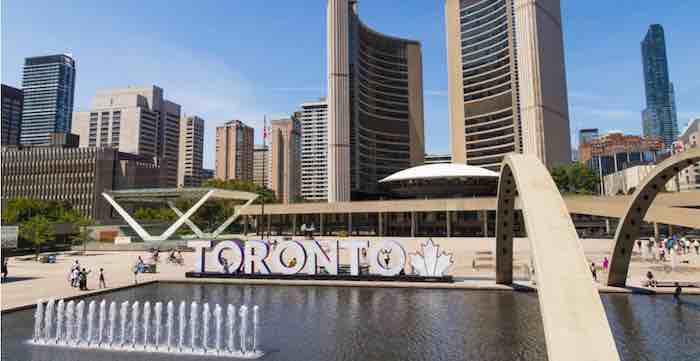By Canadian Constitution Foundation ——Bio and Archives--September 20, 2019
Canadian News, Politics | CFP Comments | Reader Friendly | Subscribe | Email Us
 TORONTO – The Ontario Court of Appeal (ONCA), in a 3-2 split decision, decided that participation in a municipal election, either as a candidate or as a voter, is not protected as “expressive activity” under section 2(b) of the Charter. In arriving at this decision, the ONCA relied on many of the CCF’s arguments.
TORONTO – The Ontario Court of Appeal (ONCA), in a 3-2 split decision, decided that participation in a municipal election, either as a candidate or as a voter, is not protected as “expressive activity” under section 2(b) of the Charter. In arriving at this decision, the ONCA relied on many of the CCF’s arguments.…in reality the [City of Toronto’s] complaint concerns the timing of the legislature's decision to change the composition of City Council—a change that is undeniably within the legitimate authority of the legislature. The… complaint has been clothed in the language of s. 2(b) of the Charter to invite judicial intervention in what is essentially a political matter. There is no legitimate basis for the court to accept this invitation.
[75] … the basic structure of the Charter must be respected. Although the coverage of particular rights can overlap, the content of one right cannot be subsumed by another, or used to inflate its content. The application judge's… analysis wrongly imports the content of section 3 into section 2(b) in order to circumvent the decision of the constitutional framers not to extend the protection of section 3 to municipal elections.CCF Executive Director, Joanna Baron, said of yesterday’s decision:
Our intervention in this matter was focused on how courts should approach the hard work of constitutional interpretation. In its decision, a majority of the Court of Appeal decided the case in a manner that ensures respect for the limits of the judicial role in deciding when and how governments may limit Charter rights, as well as an interpretive approach rooted in the text of the Charter itself. We applaud the decision.
View Comments
The Canadian Constitution Foundation (CCF) is a registered charity, independent and non-partisan. We defend the constitutional rights and freedoms of Canadians in the courts of law and public opinion.